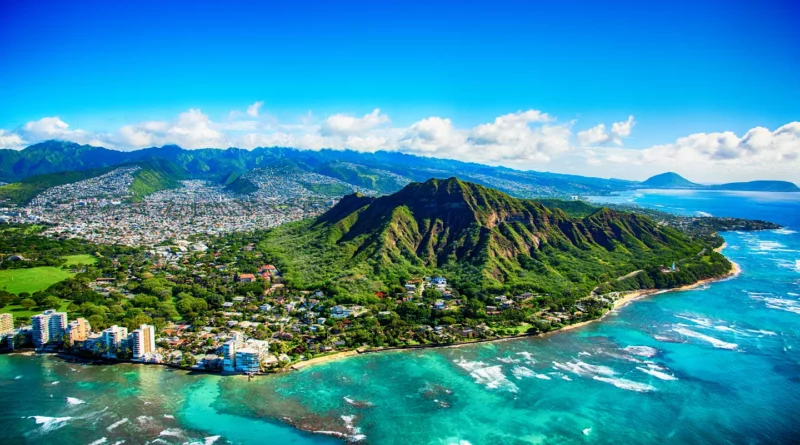History Of Hawaii
The history of Hawaii is a tale that stretches back centuries, filled with remarkable stories of exploration, cultural exchange, and the indomitable spirit of its people. From the first arrival of Polynesians to its eventual status as a modern U.S. state, Hawaii’s past is a captivating tapestry woven through time.
The journey begins with the Polynesians, who navigated vast expanses of the Pacific Ocean in awe-inspiring double-hulled canoes. Around 1,500 years ago, they discovered the Hawaiian Islands and brought with them a distinct culture that would thrive in this remote archipelago.
Initially divided into separate chiefdoms, the islands eventually united under the rule of King Kamehameha I, leading to the establishment of the Kingdom of Hawaii in the late 18th century. Through diplomacy and warfare, King Kamehameha I successfully unified the islands and paved the way for a prosperous era of trade with foreign nations.
The arrival of European and American merchants, missionaries, and whalers in the late 18th and early 19th centuries marked a significant turning point in Hawaii’s history. This contact with the Western world brought about profound changes, with the introduction of new technologies and ideas.
In 1893, a group of American and European businessmen, with the support of the U.S. Marines, overthrew Queen Liliuokalani, the last reigning monarch of Hawaii. This event marked a crucial moment as it led to the establishment of the Republic of Hawaii and, eventually, the formal annexation of Hawaii by the United States in 1898.
During World War II, Hawaii gained strategic importance as the surprise attack on Pearl Harbor by the Japanese in 1941 drew the United States into the war. The islands became a vital military base and played a significant role in the Pacific theater. The war transformed Hawaii’s economy and accelerated its path towards statehood.
On August 21, 1959, Hawaii became the 50th state of the United States, solidifying its position as a modern-day paradise. Since then, the islands have experienced rapid economic growth and cultural diversification. The tourism industry has flourished, attracting visitors from around the world who come to witness the breathtaking beauty of pristine beaches, lush rainforests, and majestic volcanoes.
Despite the impact of colonization and modernization, Hawaii has managed to preserve its rich indigenous culture. The Hawaiian language, hula dancing, and traditional practices continue to be cherished and celebrated, ensuring that the spirit of aloha lives on. Efforts to revive traditional arts and crafts reflect a commitment to honoring ancestral heritage for future generations.
The history of Hawaii is a testament to the resilience and enduring spirit of its people. As visitors explore the islands and indulge in their natural wonders, it is essential to appreciate the deep cultural and historical significance that underpins Hawaii’s identity. From ancient Polynesians to a modern paradise, Hawaii’s journey is a remarkable testament to the interplay between tradition and progress.
Discover more from City Towner
Subscribe to get the latest posts sent to your email.




